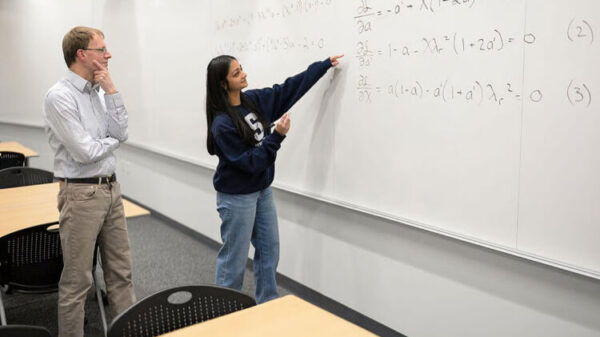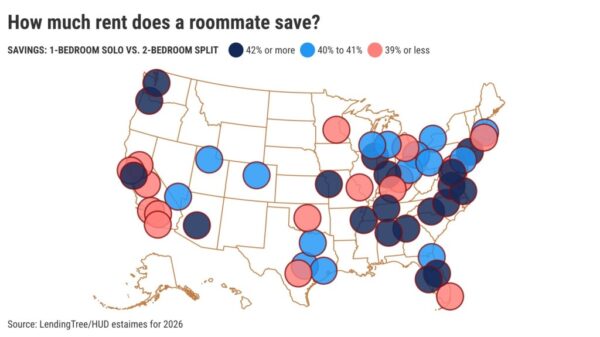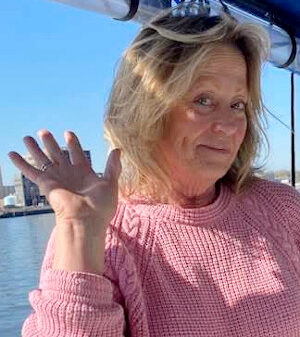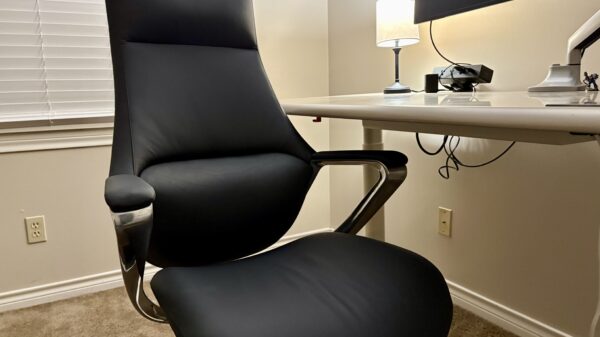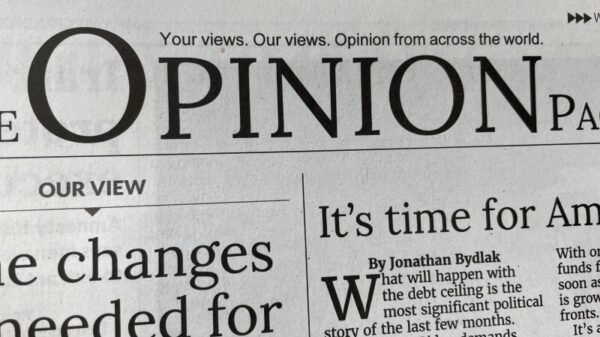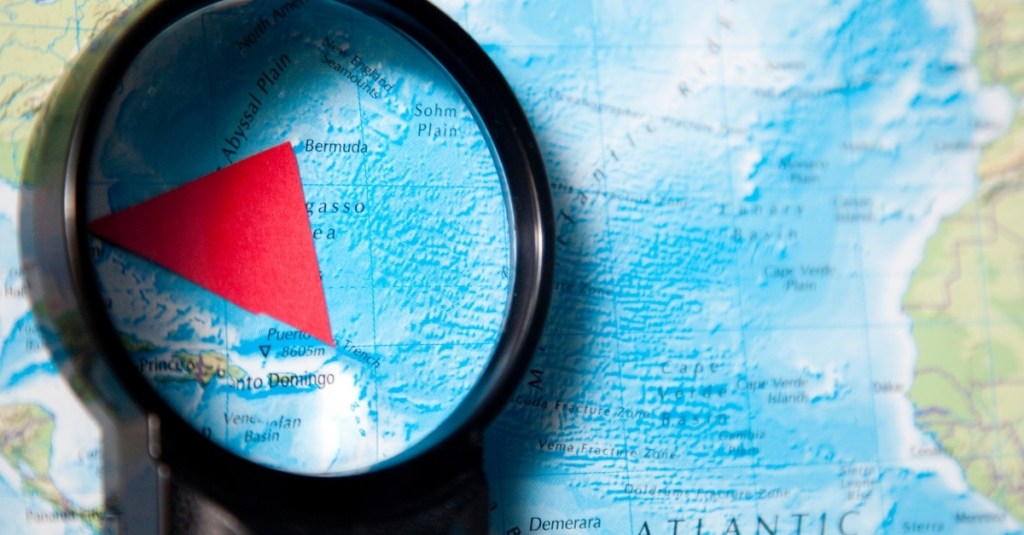BREAKING: An Australian scientist has potentially cracked the long-standing mystery of the **Bermuda Triangle**, a region notorious for unexplained disappearances of ships and aircraft. **Karl Kruszelnicki**, a prominent researcher, argues that the real culprit is not supernatural forces but rather basic mathematics and human error.
Kruszelnicki is challenging decades of myths surrounding this notorious area located between **Florida**, **Bermuda**, and the **Greater Antilles**. His claims, supported by the **National Oceanic and Atmospheric Administration (NOAA)** and **Lloyd’s of London**, emphasize that the Bermuda Triangle is one of the most heavily trafficked maritime regions globally, leading to a higher likelihood of accidents.
According to Kruszelnicki, the Bermuda Triangle sees as many incidents as any other busy ocean routes. **NOAA** has consistently maintained since the **1970s** that there is nothing statistically unusual about this region. They suggest that factors like the **Gulf Stream’s** unpredictable weather and complicated navigation through island-studded waters account for most of the supposed mysteries.
Kruszelnicki’s findings, which he has been vocal about since **2017**, shatter the allure of mythical explanations such as sea monsters and time portals. Instead, he points to human error as a critical factor in accidents. He notes that when weather conditions shift from idyllic to perilous, massive thunderstorms can emerge unexpectedly, creating hazardous situations for navigators.
This urgent update invites us to rethink our fascination with the paranormal. Believing in aliens or lost civilizations may provide comfort for some, but Kruszelnicki insists that the truth is simpler—and perhaps less exciting.
As this scientific perspective gains traction, it raises vital questions about how we interpret risk and danger in some of the world’s busiest waters. The implications are significant for maritime safety and the future of navigation in the Bermuda Triangle.
Stay tuned for further developments on this groundbreaking research that challenges long-held beliefs about the Bermuda Triangle.









